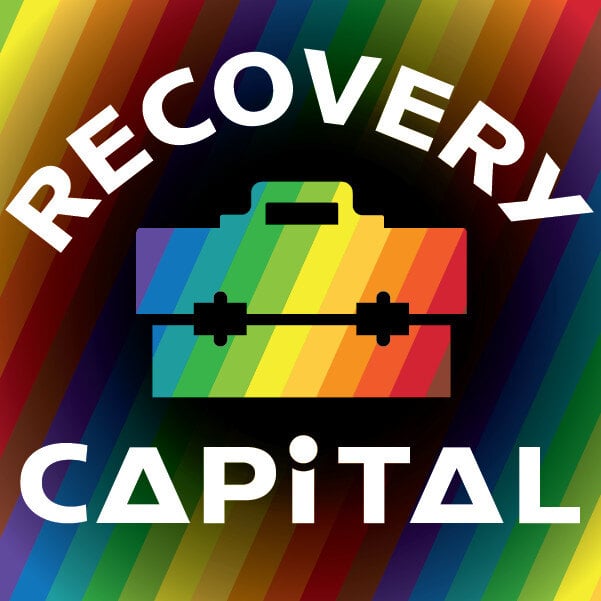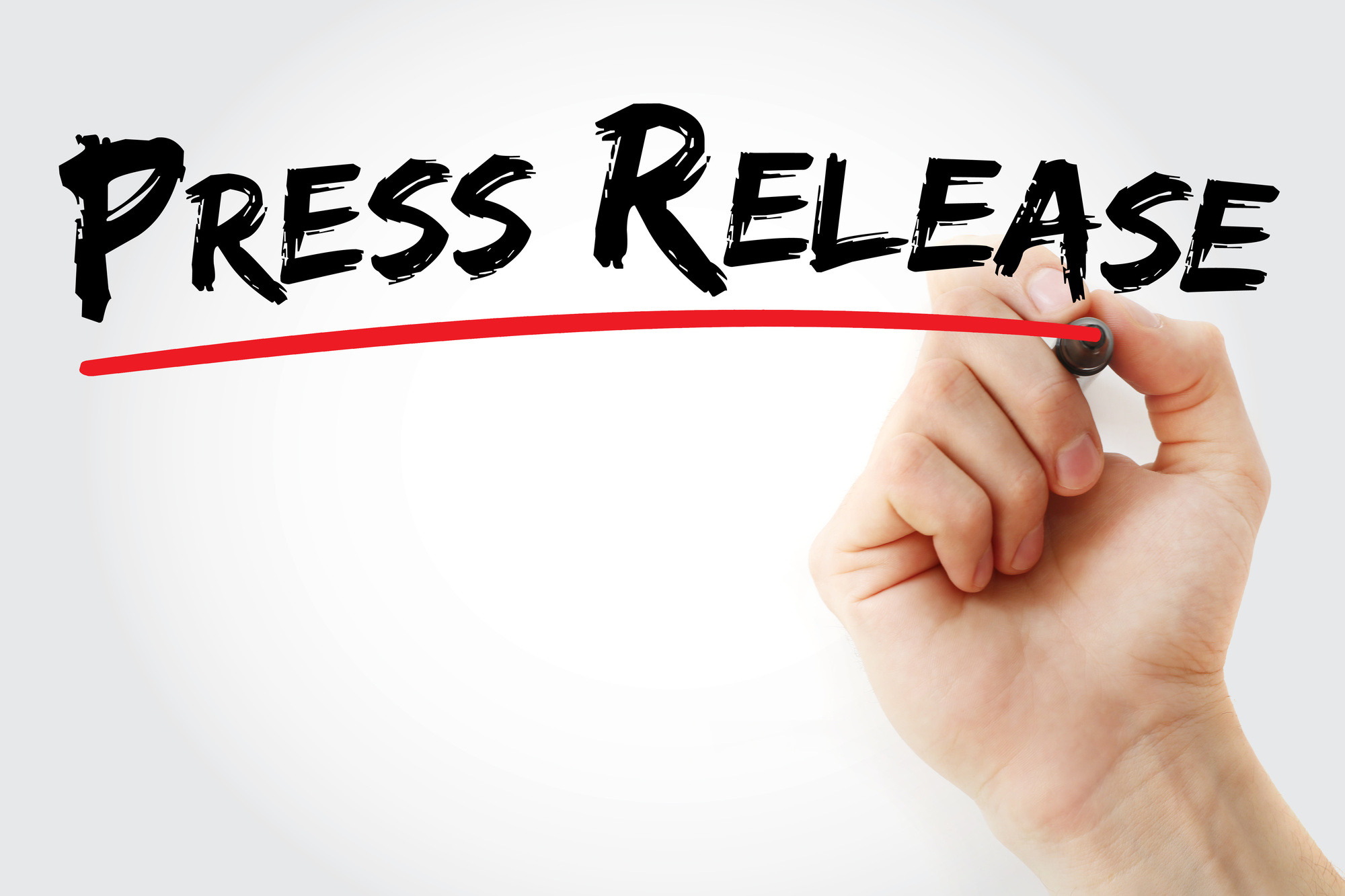Exploring the Four Domains of Recovery and Resilience Capital
Recovery is not a one-size-fits-all journey. Each individual’s experience is shaped by various personal, social, and environmental factors. By understanding Recovery Capital and Resilience Capital, we can better assess the strengths and needs of individuals in recovery.
In our last post, we introduced the concepts of Recovery and Resilience Capital as essential frameworks for long-term well-being. Now, we’ll look deeper into the Four Domains that shape these capitals: Personal, Social, Cultural, and Emotional & Adaptive Capital.
Personal Capital: The Foundation of Stability
Personal Capital refers to an individual’s internal resources—the strengths, skills, and assets that support a stable recovery. This includes:
- Physical and Mental Health – A person’s overall well-being, including access to healthcare, nutrition, and mental health support.
- Knowledge and Skills – The ability to develop job skills, pursue education, and achieve financial independence.
- Financial Stability – Secure housing, employment opportunities, and financial literacy.
How to Strengthen Personal Capital:
- Prioritize regular medical and mental health care.
- Engage in job training or continuing education programs.
- Build financial literacy and create a sustainable budget.
Social Capital: The Power of Connection
Social Capital refers to the relationships and networks that provide emotional support, accountability, and guidance in recovery. It includes:
- Family Support – The presence of healthy and supportive family relationships.
- Peer Networks – Engaging with recovery communities, mentorship, and positive social influences.
- Community Involvement – Being part of groups, clubs, or volunteer opportunities that foster connection.
How to Strengthen Social Capital:
- Surround yourself with people who support your recovery journey.
- Seek out peer support groups or mentorship programs.
- Get involved in community service or local organizations.
Cultural Capital: Identity and Purpose
Cultural Capital includes the beliefs, values, and identity that shape recovery-oriented behaviors. Feeling connected to a purpose or community is a significant factor in long-term success. This includes:
- Spiritual or Religious Engagement – Finding meaning and purpose through faith or cultural traditions.
- Personal Values and Beliefs – Aligning recovery choices with personal integrity and cultural identity.
- Community Traditions – Engaging in recovery-supportive cultural or historical practices.
How to Strengthen Cultural Capital:
- Explore faith, spirituality, or cultural practices that align with your values.
- Identify and reinforce personal beliefs that support recovery.
- Find community groups that celebrate and respect your identity.
Emotional & Adaptive Capital: The Key to Resilience
Emotional and Adaptive Capital refers to a person’s ability to cope with stress, adapt to challenges, and maintain emotional well-being in the face of adversity. Key elements include:
- Emotional Regulation – The ability to manage emotions and stress effectively.
- Problem-Solving Skills – Developing resilience through critical thinking and adaptability.
- Growth Mindset – Viewing setbacks as opportunities for learning and growth.
How to Strengthen Emotional & Adaptive Capital:
- Practice mindfulness, meditation, or therapy to develop emotional regulation skills.
- Learn problem-solving techniques to navigate challenges effectively.
- Cultivate a growth mindset by reframing setbacks as opportunities.
Bringing It All Together
The Four Domains of Recovery and Resilience Capital work together to create a strong foundation for recovery. Individuals can take intentional steps toward long-term well-being by assessing strengths and areas for growth in Personal, Social, Cultural, and Emotional & Adaptive Capital.
What’s Next? In our next post, we’ll explore how to measure recovery and resilience capital by diving into tools like the Recovery Capital Index (RCI) and the Assessment of Recovery Capital (ARC) and how they provide insights for individuals and organizations.
Stay connected, and let’s continue building a thriving recovery community together!
Subscribe Here!
#RecoveryCapital #ResilienceCapital #RecoverySupport #MentalHealth #ThrivingNotJustSurviving

 By
By

